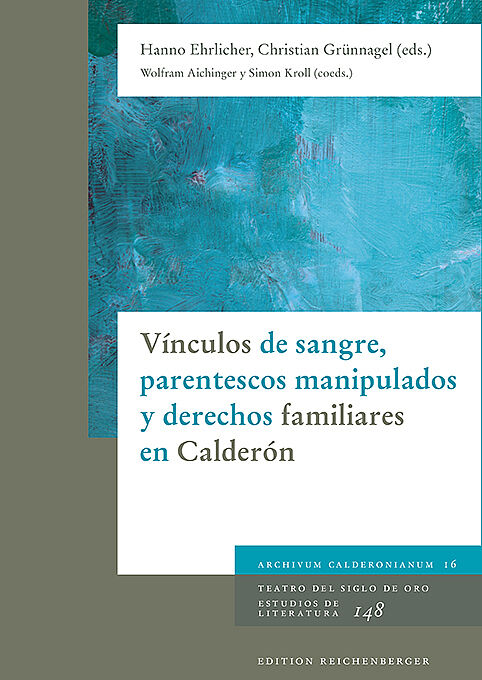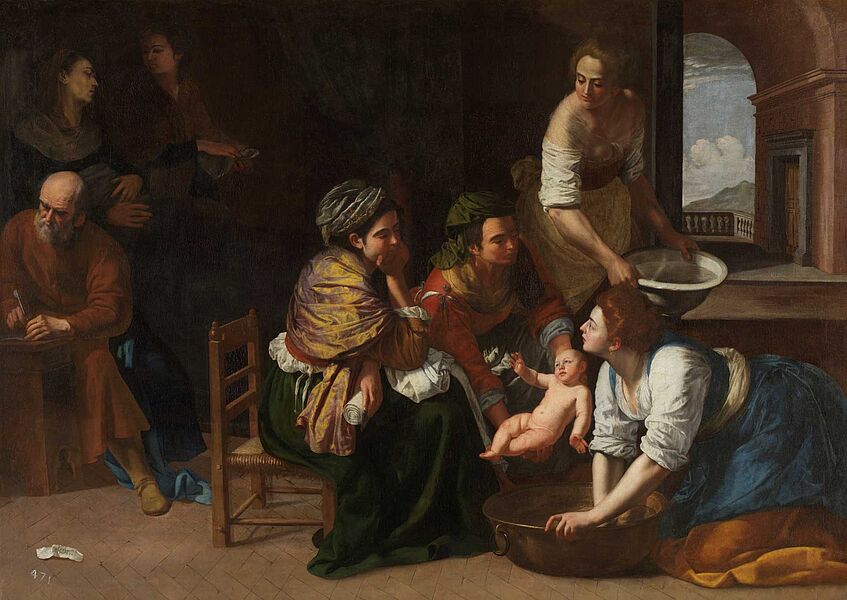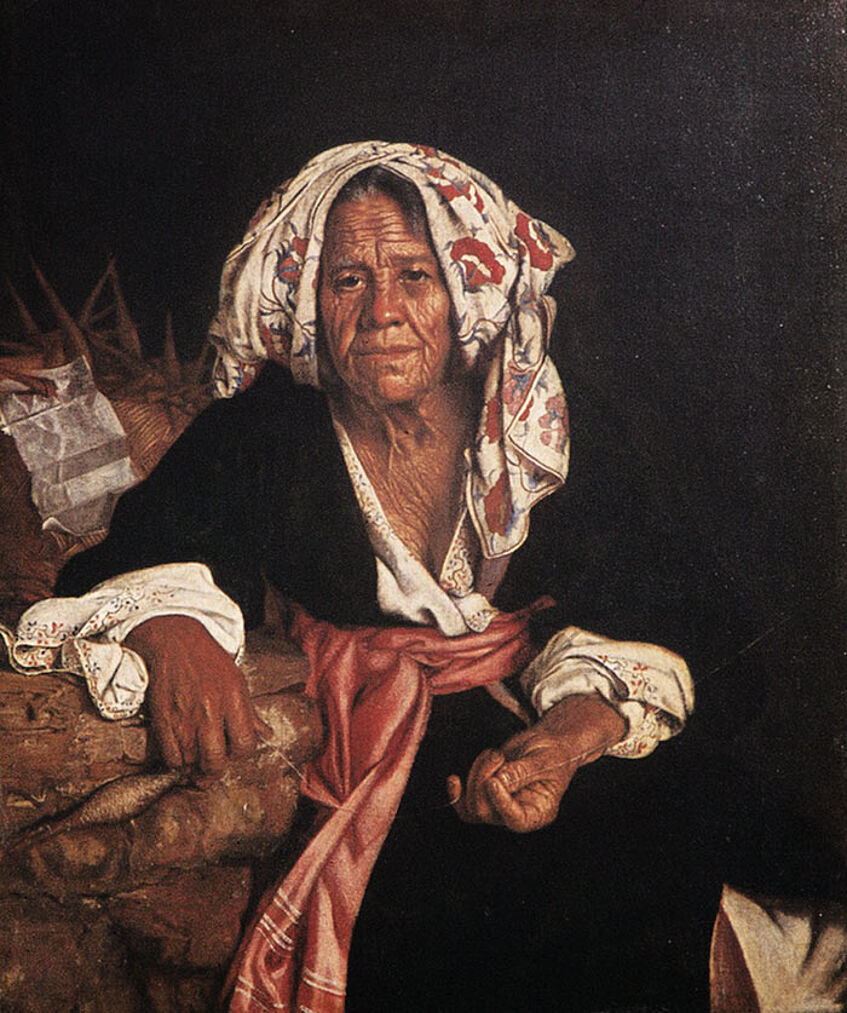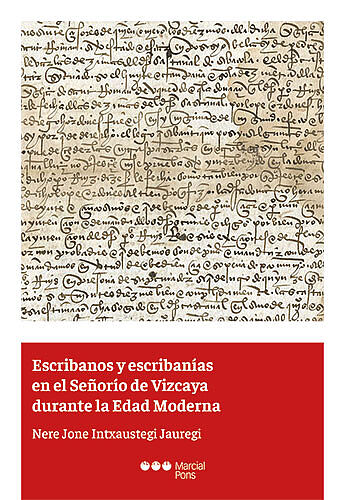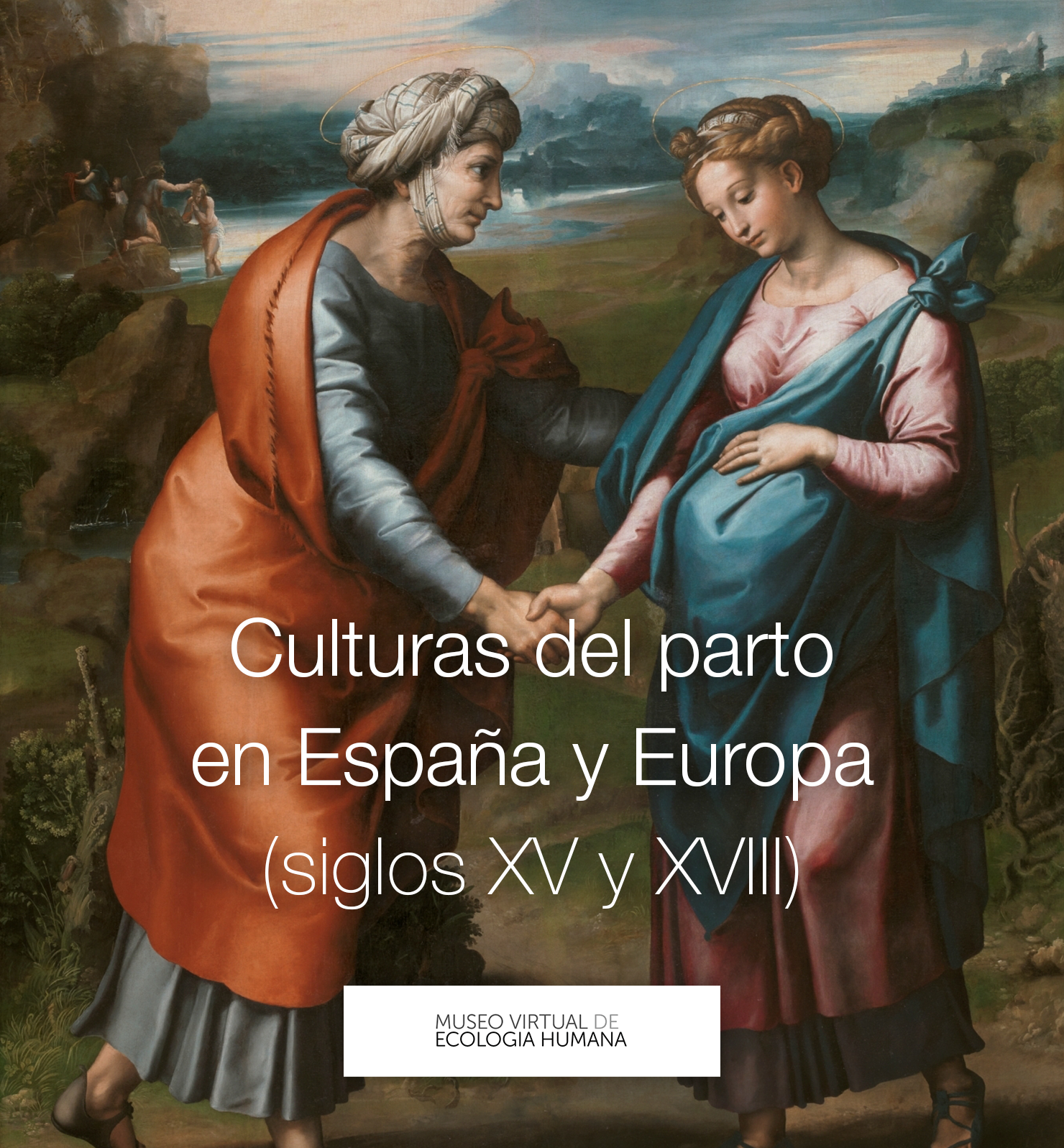Print available
Vínculos de sangre, parentescos manipulados y derechos familiares en Calderón
Hanno Ehrlicher, Christian Grünnagel (eds.);
Wolfram Aichinger, Simon Kroll (coeds.)
2023; viii, 316 pp. ; 17 x 24 cm.
Archivum Calderonianum 16
Teatro del Siglo de Oro
Estudios de Literatura 148
Edition Reichenberger
ISBN: 978-3-967280-55-5
XIX Coloquio Anglogermano sobre Calderón.
Viena, 28 de septiembre – 1 de octubre de 2021.
The Uterus and (the) Beyond.
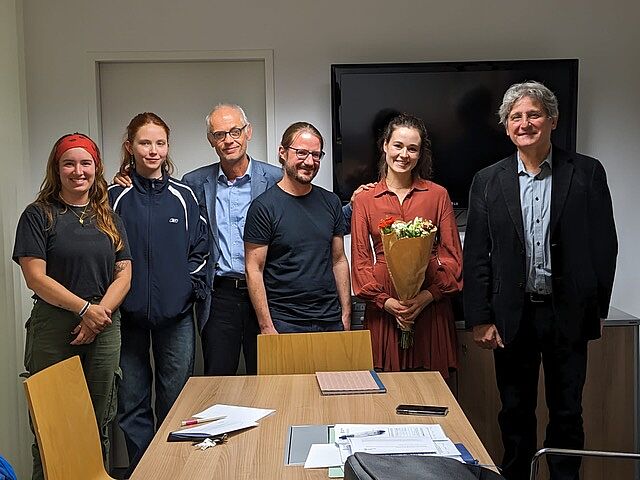
The Uterus and (the) Beyond.
The analogy of birth and death in baroque and 20th-century Latin American literature
Our project member Hannah Mühlparzer finished her Master's thesis at the department of Comparative Literature!
"Being born and dying – two actions like one", writes Calderón de la Barca around 1650; "Life and death are but two phases – antithetical, but complementary – of a single reality", writes Octavio Paz three and a half centuries later.
Thinking of birth and death in analogy to one another enabled these two authors and some of their contemporaries to generate literary "Lebenswissen" (Ette) and thus fill in the voids of those two events that elude our conscious experience: death and birth. The 28 text passages in the corpus of this thesis negotiate the analogy of birth and death on four thematic axes: At the level of the processual (in which direction are we born and in which direction do we die?), the surrounding (what is the setting for both birth and death?), the emotional (if we cry at birth, do we also cry at death?) and the eventfulness (what rituals accompany birth and death and what do we celebrate in the process?). Using texts from these four thematic categories, this Master's thesis approaches the question of how the analogy of birth and death is represented in baroque and neo-baroque literature and why a concrete, sensual, painful, female experience of life at certain times in certain forms of expression so strongly determines, frames and thus guides reflection on the representation and imagination of the great unknown death.
IFK Junior Fellow Ship - Sabrina Grohsebner
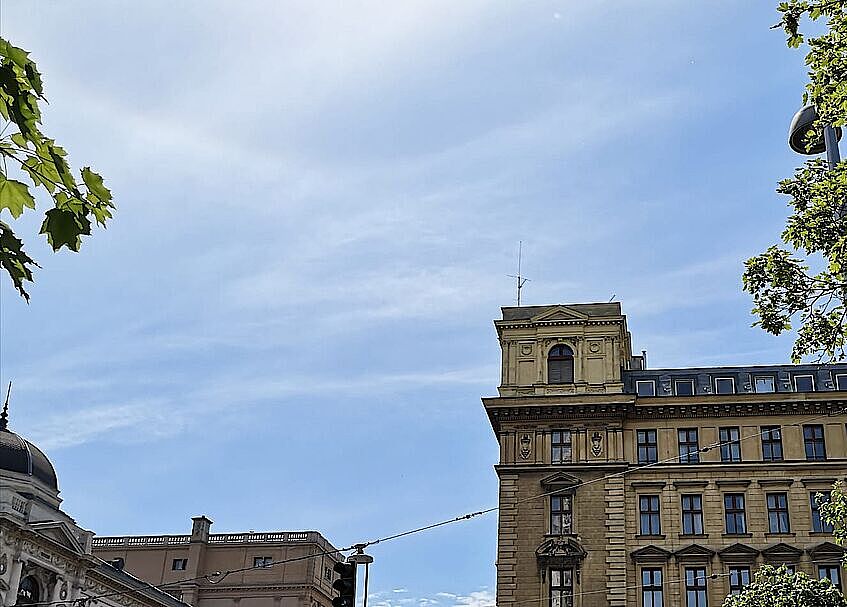
IFK Junior Fellow Ship - Sabrina Grohsebner
Project member Sabrina Grohsebner was recently granted a Junior Fellowship at the International Research Centre for Cultural Studies (IFK, University of Art and Design Linz in Vienna). Starting in October 2020, she will have the opportunity to further her dissertation project
"Conflicted hands: representations of midwives amidst negotiations of body and culture in Early Modern Spain"
through the interdisciplinary exchange with a small group of selected doctoral students in Vienna. In line with the IFK's fokus 'Andere Arbeit/ Different Work', she is looking forward to nurturing shared interests such as the principles of labour and cooperation - highly relevant factors for a deeper understanding of the midwife's practice and human sociability her hands lay ground for.
Estancia de investigación en nuestro proyecto
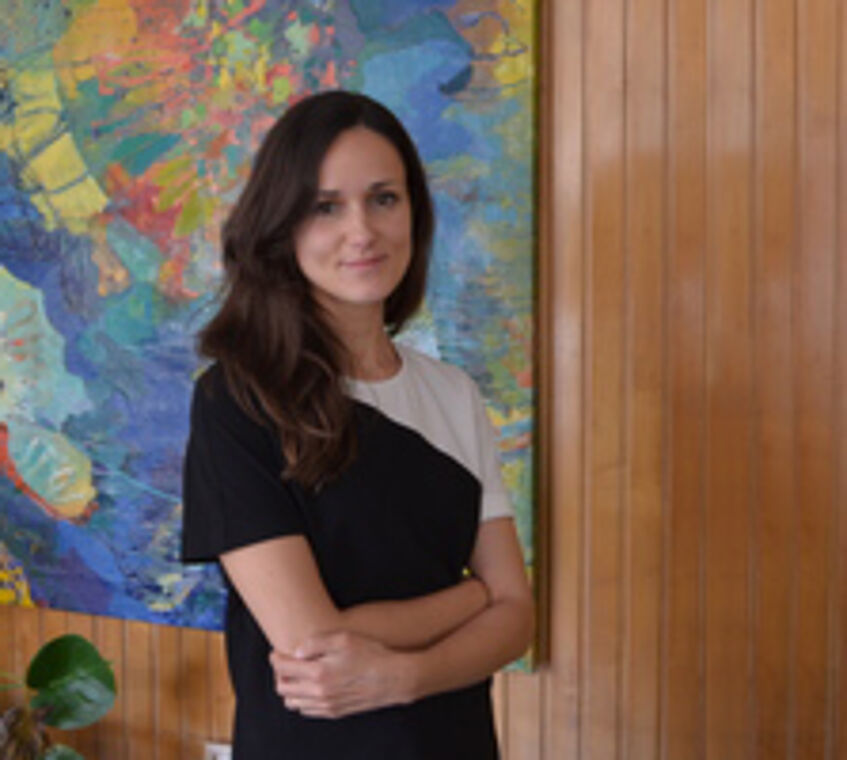
Estancia de investigación en nuestro proyecto
Convocatoria:
Subvenciones para estancias de personal investigador doctor en centros de investigación radicados fuera de la Comunitat Valenciana para el ejercicio 2023 – CIBEST.
Título del proyecto:
Auto-percepción femenina, vida in utero, corporeidad y sentidos durante el embarazo, el parto y el puerperio en el ámbito hispánico (siglo XVII).
Investigadora:
Clara Bonet Ponce (Universidad Católica de Valencia)
Póngase en contacto:
clara.bonet@ucv.es
Pieza del mes
Artemisa Gentileschi: Nacimiento de san Juan Bautista, around 1635, (c) Museo Nacional del Prado.
Pieza del mes
The text "Manos maravillosas: nacimientos santos y asistentes milagrosas", written by Sabrina Grohsebner, was appointed as "Pieza del Mes" (December 2022) by the Museo Virtual de Ecología Humana.
We tweet on Twitter now!
We post current updates about our project under @of_childbirth
Podcast "Existential Handwork. About midwives in the Golden Age"
The Parcae Lachesis, Pietro Bellotti (Volciano 1625–1700 Gargnano) and workshop
Podcast "Existential Handwork. About midwives in the Golden Age"
Sabrina Grohsebner gives insights into her doctoral thesis "Manos áureas. The hands of the midwife amidst negotiations of body and culture in early modern Spain".
Link to Podcast (in german) on "Fabulari. Ein Wissenschaftspodcast zu Literatur und Film in der Romania"
New Book «Escribanos y escribanías en el Señorío de Vizcaya durante la Edad Moderna»
The latest book of the Spanish historian Nere Intxaustegui introduces the life of nuns and notaries during the 16th–18th centuries in in the Lordship of Vizcaya in Spain.
During these centuries the men were in charge of writing and thus part of a world of power, lawsuits and internal alliances to preserve those positions in the administration of the Modern Age. The scribes were in charge of drafting diverse documentation, such as the minutes of the meetings of the institutions, but also the marriage contracts, dowries or wills of private individuals. Back then the illiteracy rate was very high, so the the scribe played a fundamental role, since he not only wrote, but also used to explain what was written.
Museo Virtual de Ecologia Humana
In cooperation with Carlos Varea and the Museo Virtual de Ecologia Humana the project member created the virtual exhibition «Cultures of Birth in Early Modern Spain and Europe» that consists of short essays accompanied by images, introducing specific historic events or figures related to birth cultures.
Lucina – The roman goddess of birth Lucina in early modern Spain
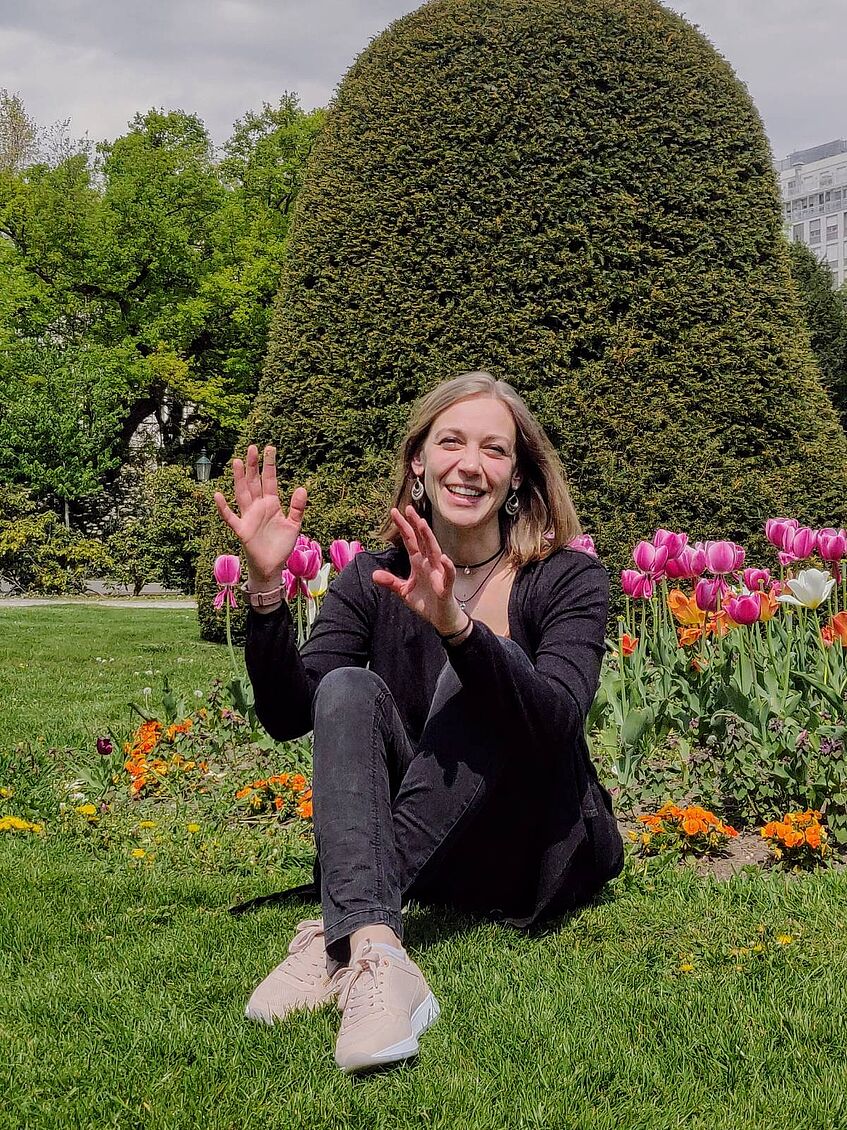
Lucina – The roman goddess of birth Lucina in early modern Spain
The project member Fischer-Monzón, Hannah Maria Antonia finished her diploma thesis in 2021 at the Romance Studies Department, University Vienna.
Abstract
The ambiguous sorceress is revived in Renaissance Art and life in the Golden Age of Spain: we find allegoric representations of Lucina relating to the Spanish rulers and high society, in Spanish literature, art, architecture and tractates. The midwife and moon goddess appears with aspects of Juno, Venus, Luna and the Virgin Mary. She ambivalently comforts pregnant women but is blamed when misfortune strikes.
Die Hebamme der Kaiserin unter Spionageverdacht
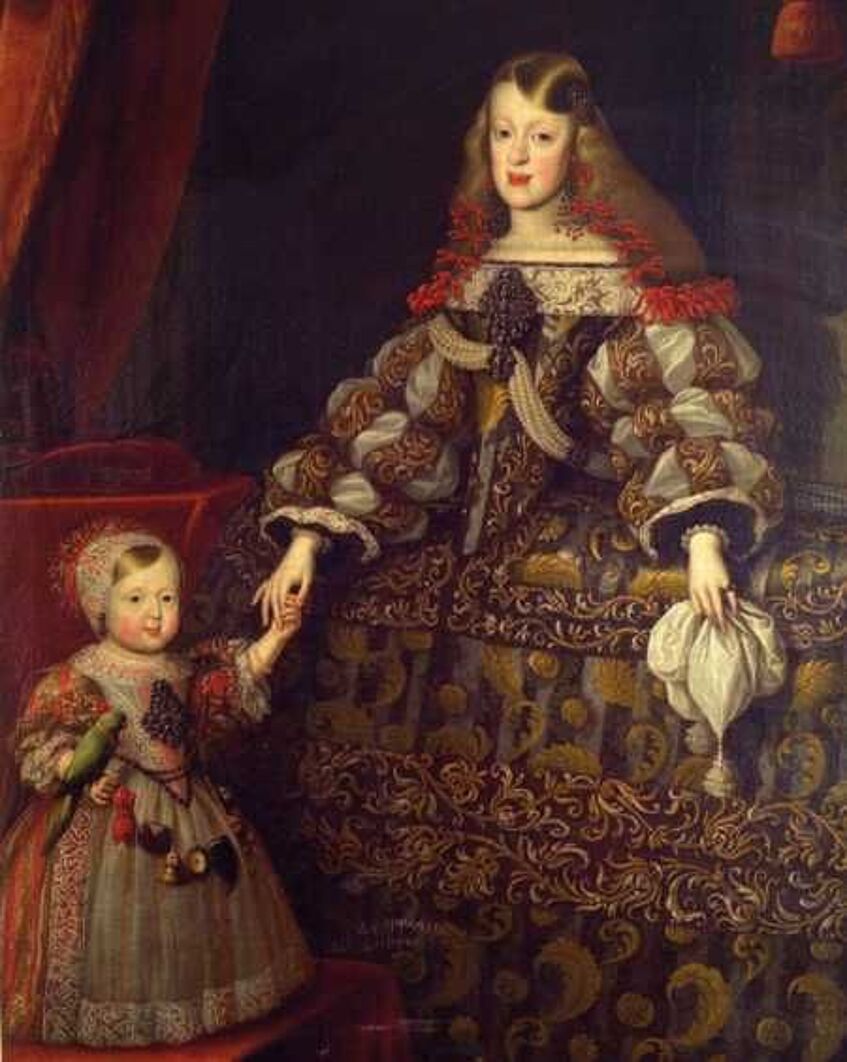
Empress Margarita Teresa and her daughter Maria Antonia, Benjamin Block, 1671, Hofburg Palace, Vienna.
Die Hebamme der Kaiserin unter Spionageverdacht
Blog auf Der Standard.at
Christian Standhartinger, Wolfram Aichinger
2. Juni 2021, 14:00
Im April 1672 verließ die Hebamme Ana d'Avalos nach einem mehr als fünfjährigen Aufenthalt den Kaiserhof in Wien.
Review: Diccionario de injurias de los siglos XVI y XVII
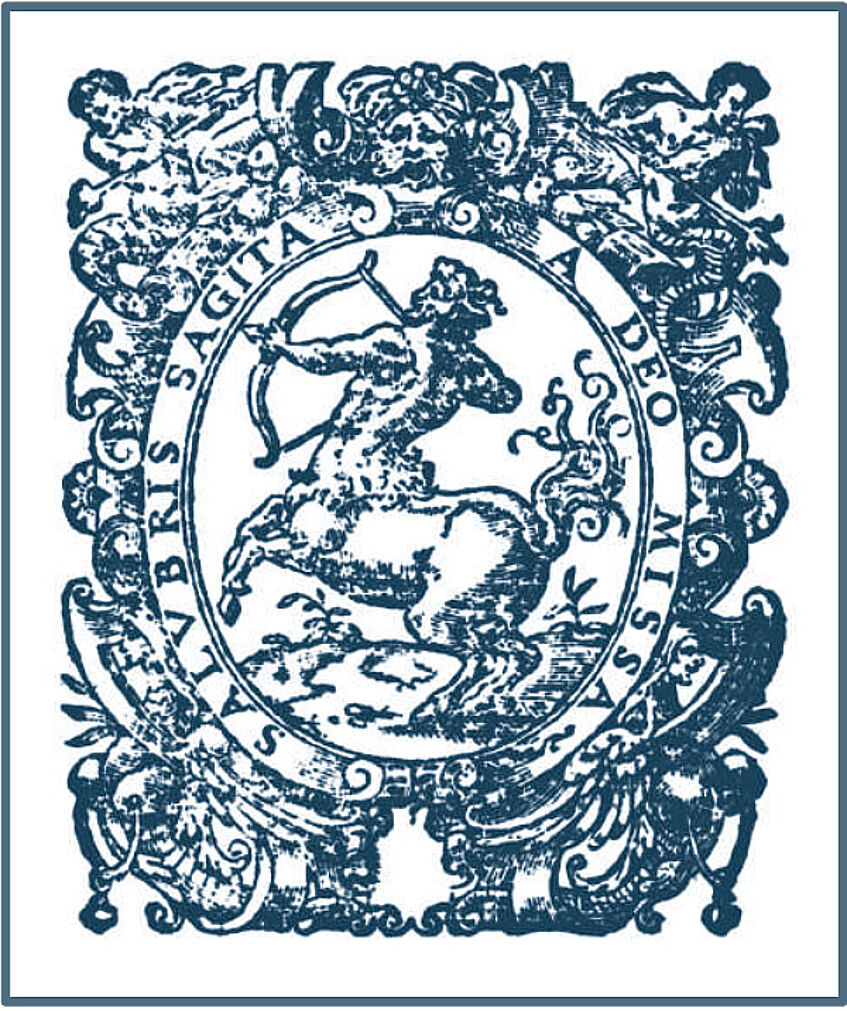
Review: Diccionario de injurias de los siglos XVI y XVII
The book Diccionario de injurias de los siglos XVI y XVII (2019) of Christina Tabernero and Jesús María Usunáriz has been recently reviewed by Arte Nuevo, Revista de Estudios Áureos.
IFK Junior Fellow Ship - Sabrina Grohsebner

IFK Junior Fellow Ship - Sabrina Grohsebner
Project member Sabrina Grohsebner was recently granted a Junior Fellowship at the International Research Centre for Cultural Studies (IFK, University of Art and Design Linz in Vienna). Starting in October 2020, she will have the opportunity to further her dissertation project
"Conflicted hands: representations of midwives amidst negotiations of body and culture in Early Modern Spain"
through the interdisciplinary exchange with a small group of selected doctoral students in Vienna. In line with the IFK's fokus 'Andere Arbeit/ Different Work', she is looking forward to nurturing shared interests such as the principles of labour and cooperation - highly relevant factors for a deeper understanding of the midwife's practice and human sociability her hands lay ground for.
Pieza del mes
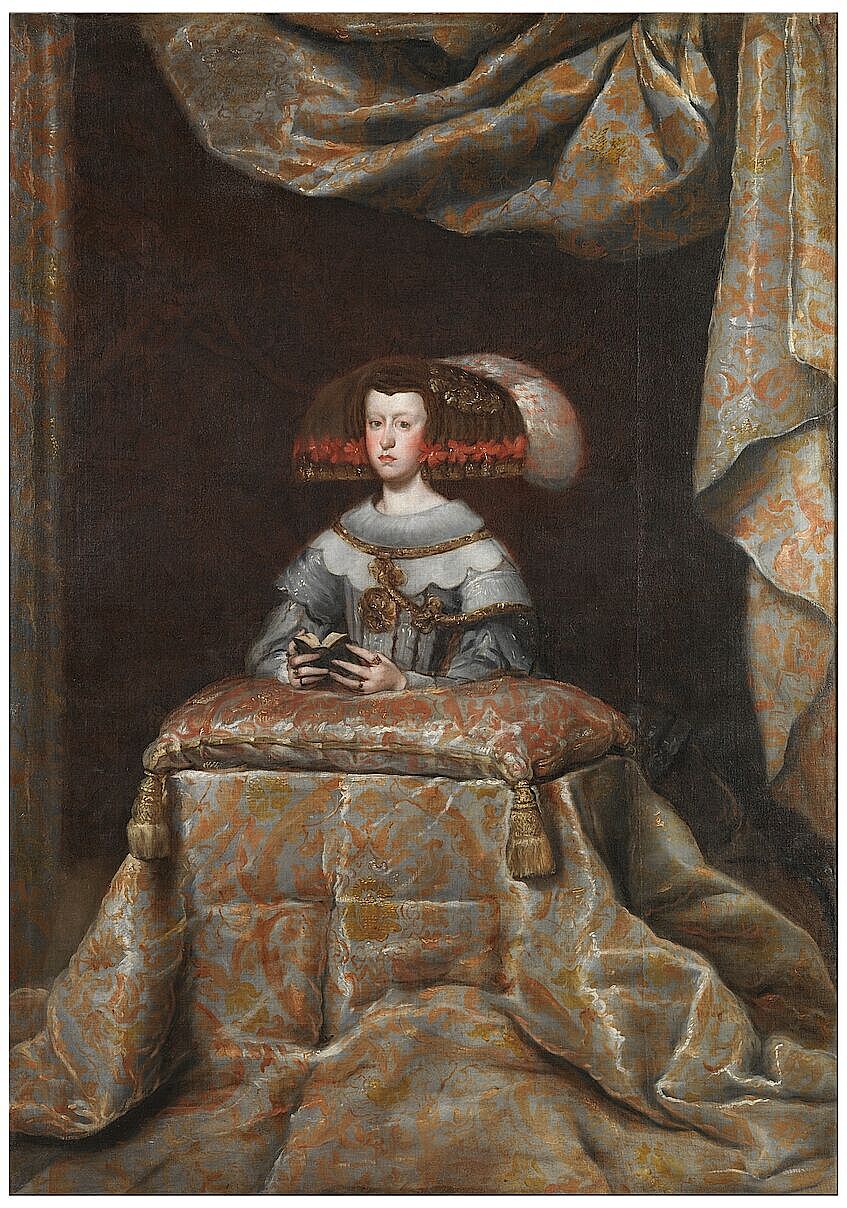
Mariana de Austria, taller de Diego Rodríguez de Silva y Velázquez, 1665 h., Museo Nacional de El Prado.
Pieza del mes
The text "Inés de Ayala, partera de dos reinas, comadre del Siglo de Oro", written by Wolfram Aichinger, was appointed as Pieza del Mes (April 2020) by the Museo Virtual de Ecología Humana.

